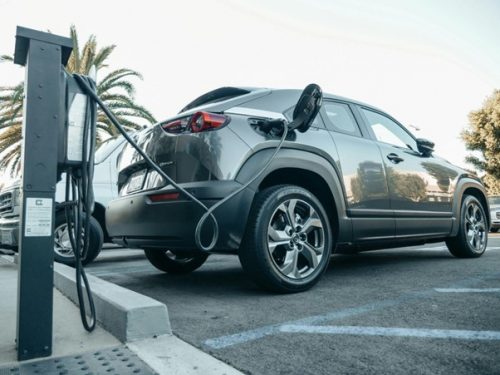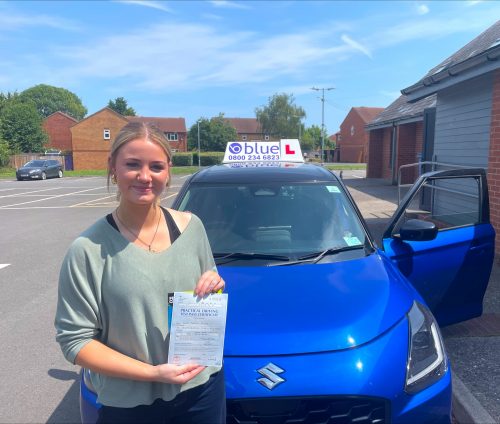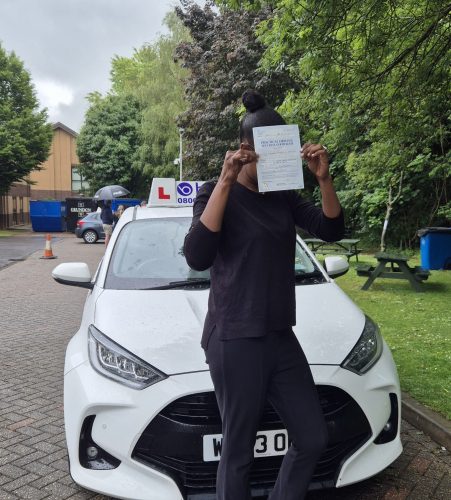
Worried behind the wheel?
Posted in: Car Insurance, Driving Tips, News.
Worried behind the wheel? You’re not alone nearly 40% of drivers admit to feeling scared and uncertain behind the wheel
AA Release New Video to Combat Driving Anxieties
Sweaty palms, heart palpitations and short breaths – and that’s before you’ve put the key in the engine. If you suffer with driving anxiety, you’re not the only one, many drivers across the world have experienced it and can relate. In a recent survey, 23% of drivers said they felt anxious about using motorways and 39% of drivers felt scared or uncertain behind the wheel in general.*
Many drivers suffer from driving anxieties but not all anxieties stem from driving alone – in a previous survey conducted by the AA (Automobile Association) figures highlighted that 13% of Women and 11% of Men were conscious of the possibility of breaking down while driving.*
Drivers can lose their self-esteem for a variety of reasons. Accidents, long haul drives, embarrassing parking calamities are some of the causes behind driving phobias. As a result of this many anxious drivers tend to avoid driving as much as possible.

However, if you always let your partner or a friend drive or avoid driving altogether, then you’ll find it more problematic to drive at some point. If you’re driving anxiety is getting in the way of your day to day activities, then perhaps it’s time to act. The AA have provided top tips* for nervous drivers to keep you calm before, during and after the drive.
Before you leave
• If you’re heading somewhere unfamiliar, plan your route, and make sure you have the correct address saved in your SatNav.
• Try to avoid driving at busy times. Rush hour traffic is stressful to drive through and may delay you.
• Choose a route that places fewer demands on you, and wherever possible, take roads you’re familiar with.
• Check the weather. If it looks like you’ll be driving in conditions which might make you feel uncomfortable, think about postponing, rescheduling or delaying your trip.
• When you first get in the car, turn off your phone and put it in the glove box to reduce distractions.
During the drive
• Give yourself plenty of time to reach your destination and allow time for breaks.
• If you feel anxious, find a safe area to pull over and take a breather. You can also use this time to safely call people at your destination and let them know you may arrive a little later than planned.
• Try not to let any external worries or problems affect your concentration.
After the drive
• Resist the urge to bolt from the car, even if the drive was challenging; sit calmly and focus on your breathing for a few minutes.
• You may feel distracted or excited that the journey’s over, but take a bit of time to make sure your parking brake’s on, your headlights are off, the windows are shut, and that you lock the car properly when you leave it.
Driving with Anxiety
In the case of anxiety and also depression, as long as your doctor can approve that there are no concentration problems, agitation or behavioural disturbance the DVLA (Driver and Vehicle Licensing Agency, an executive agency, sponsored by the Department for Transport) do not need to told.
However, if your doctor suspects that you could have severe driving anxiety which may affect your concentration and ability to drive you must tell the DVLA about your condition. If you continue to drive against medical advice and you do not report your condition to the DVLA yourself, your doctor can do it without your consent.
There are some medical conditions affecting driving that you can report online to the DVLA, but with reporting anxiety you have to fill in and return a form. You can download the form from the Government website here.
According to Anxiety UK, there are different types of driving phobias; for some it could be a fear of driving on motorways, for others it could be a fear of being stuck in traffic or certain driving maneuvers such as parallel parking, or being caught in traffic and not being able to ‘escape’. Anxiety UK also suggest that there are varying degrees of these driving phobias.
To stay sharp as a fellow driver on the road it will be beneficial to know the behavioral traits of an anxious driver. The AA have listed the below*, so if you see a driver exhibiting any of the following, perhaps you could help them out.
• Being unwilling to drive alone or insisting on driving with a passenger
• Panicking when they’re stuck in traffic, due to claustrophobia-like worries
• Avoiding unfamiliar routes
• Avoiding certain ‘triggers’, such as roundabouts and motorways
• Driving at certain times
Ways you can help out as a fellow driver on the road or passenger
• Offer to help out – for example, if the driver is struggling with directions.
• Be patient and calm if the driver needs extra time to make manoeuvres or turns.
• Avoid pressuring them to do something they’re not comfortable with, such as take a faster route, or increase their speed.
• Don’t criticise them if they make a mistake.
Popular questions answered:
Q. Do I need to inform my insurer of my driving anxiety?
Answer. The DVLA can’t contact your car insurance provider on your behalf. It’s your responsibility to let your insurer know about your anxiety if you’re advised to by a doctor.
If you’re applying for a new policy, or renewing one, take reasonable care to answer all of the questions honestly and to the best of your knowledge. Your policy may be cancelled, or a claim may be rejected or not fully paid, if you don’t.
If you already have car insurance and develop a condition such as anxiety that may affect your driving, you should still inform your insurer.
Q. Does declaring anxiety affect the cost of car insurance?
Answer. Your insurance company can’t charge a higher premium or increase excess without evidence that you’re an increased risk; there’s no general policy to charge more for people with anxiety as this would be unlawful discrimination.
You can read more top tips to combat driving anxiety and much more detailed information here: https://www.theaa.com/car-insurance/advice/driving-anxiety
*A survey of 2,000 people from Nissan: https://www.independent.co.uk/extras/lifestyle/british-drivers-anxiety-motorways-multi-lane-highways-a8502581.html
* Populus surveyed 16, 307 AA members in its online poll between 17-24 April 2018. Populus is a founding member of the British Polling Council and abides by its rules
Tags: Worried behind the wheel?
















